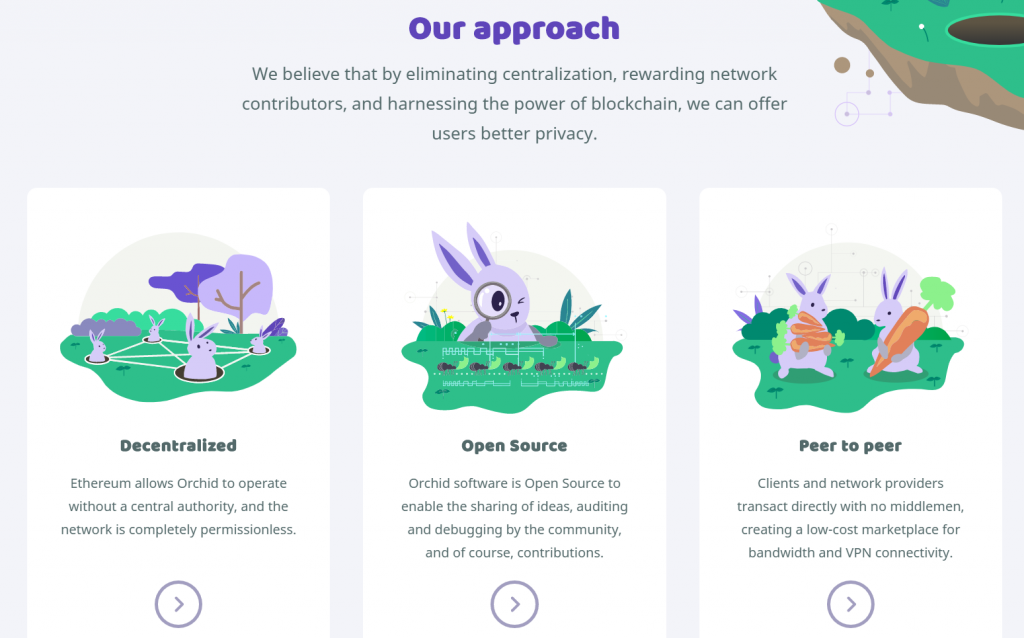As digital surveillance and authoritarian government censorship becomes more of an everyday occurance, privacy solutions have emerged.
Consumers look to utilize tools such as VPN services. Still, VPN’s have been limited by the degree of actual privacy offered; providers have collected and sold user data, have been compelled to hand over users’ data, and have been shut down or blocked. Or if they are not being shut down, they are still limited due to their reliance on donated bandwidth.
Orchid is an incentivized peer-to-peer privacy network. Founded in 2017, Orchid officially launched its marketplace in the fall of 2019, providing users greater control over their online footprint and privacy. With a team of skilled developers and investors, including Dr. Steven Waterhouse, Jay Freeman and Brian Fox, the protocol brings a decentralized and open source approach to VPNs, allowing individuals to browse the Internet privately and without geographic limits through innovative multi-hop architecture.

Orchid users can configure multi-hop circuits. Instead of using only one provider, (single hop circuits) Orchid users can route their traffic through multiple bandwidth providers. Single-hop routes are similar to throwing away a sensitive paper in the trash where it could be recovered, versus multi-hop routes, where the paper is discarded through a shredder, making it impossible to reconstruct the original message.
Another key feature of the Orchid network is that it uses its native digital currency (OXT) to power the transactions in the app. Users receive Internet bandwidth in exchange for OXT, while VPN partners receive OXT in exchange for their bandwidth. With its listing on Coinbase, OXT is widely available for anyone to join the network.

Internet users who are looking to take back control of their data privacy finally have a way to do so with Orchid. Instead of going through a centralized intermediary, they can distribute their trust across multiple distinct VPN providers, thereby breaking apart the flow of their information, so that no single entity can see the entire picture. We wanted to create a network for people who value digital privacy in a world where it is becoming less and less of a right.
As the Internet has evolved over the past decade, exploring freely has become increasingly difficult. Web 2.0 business models have incentivized companies to watch and track users and sell their data. In some regions, limits are placed on the information people can access. With the rise of the decentralized Web 3.0 being built on Ethereum, users are reclaiming the Internet. At Orchid we share in this mission.
Following our launch, our immediate goal is to onboard more users onto our privacy network. Looking to 2020, we are planning to make it increasingly easy for anybody, regardless of their technical knowledge, to improve their online privacy. Orchid is working to build a new layer to the Internet experience that will restore the free and open frontier that it once was, and we will continue to work towards this until it becomes a reality.


